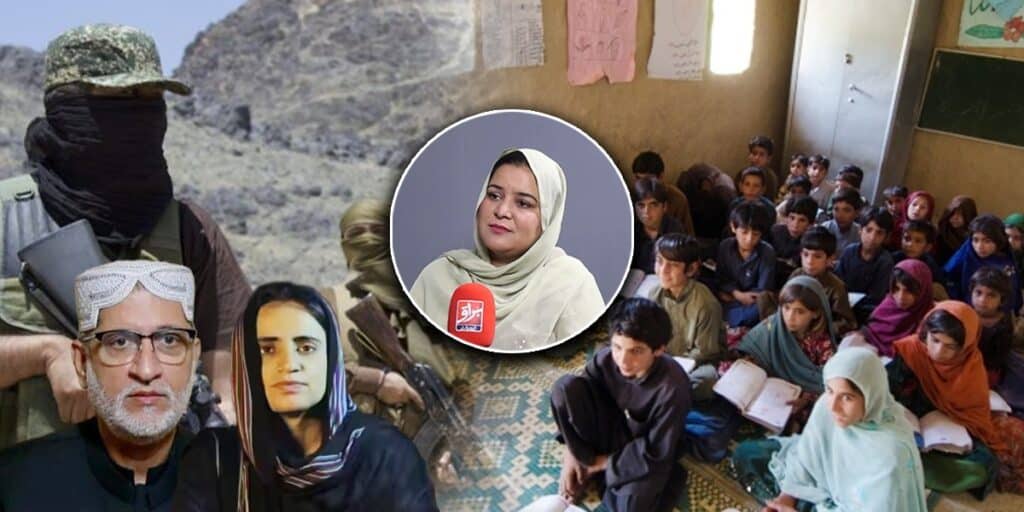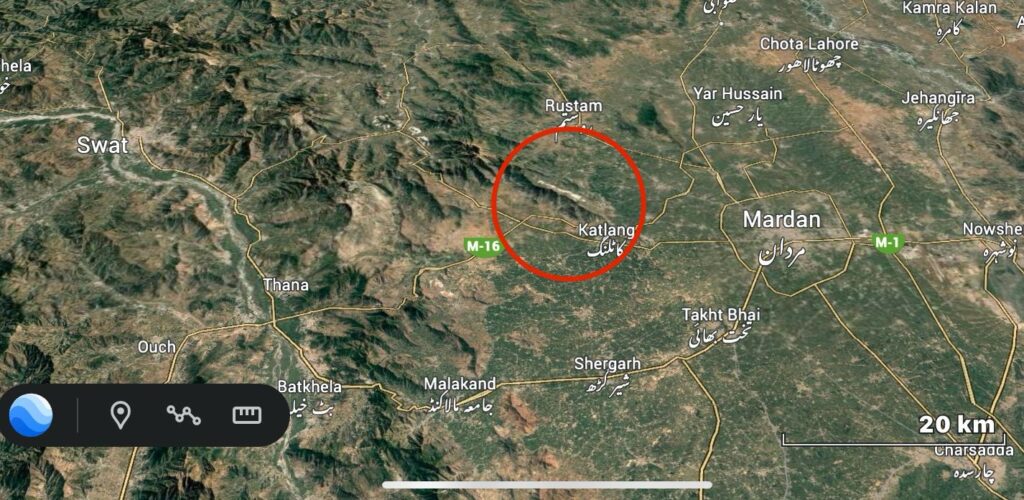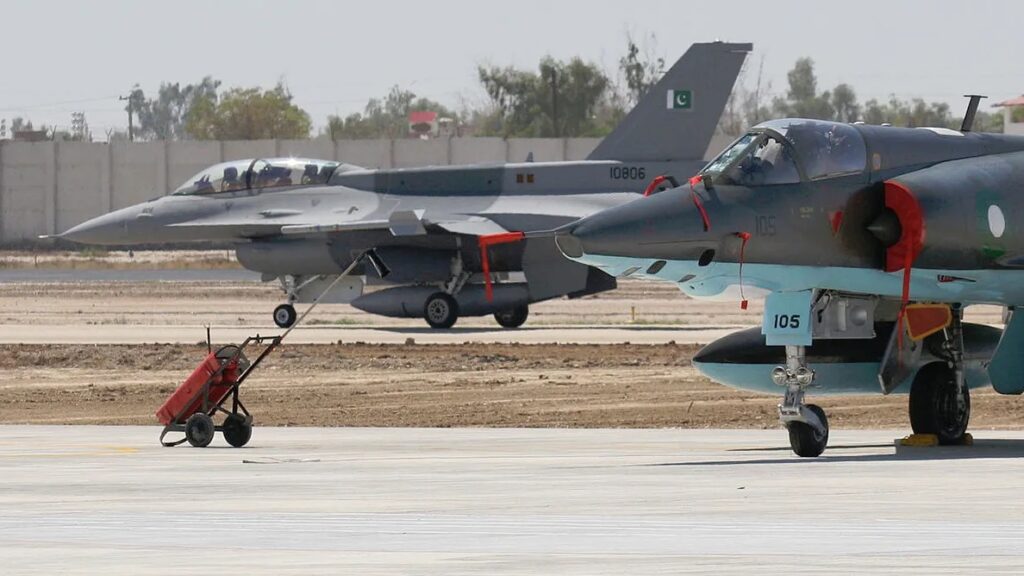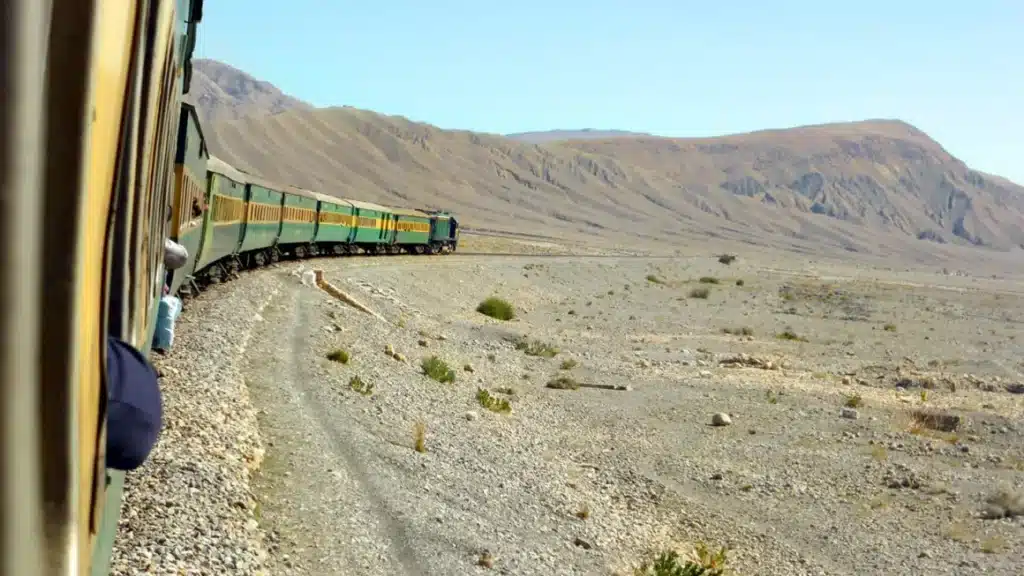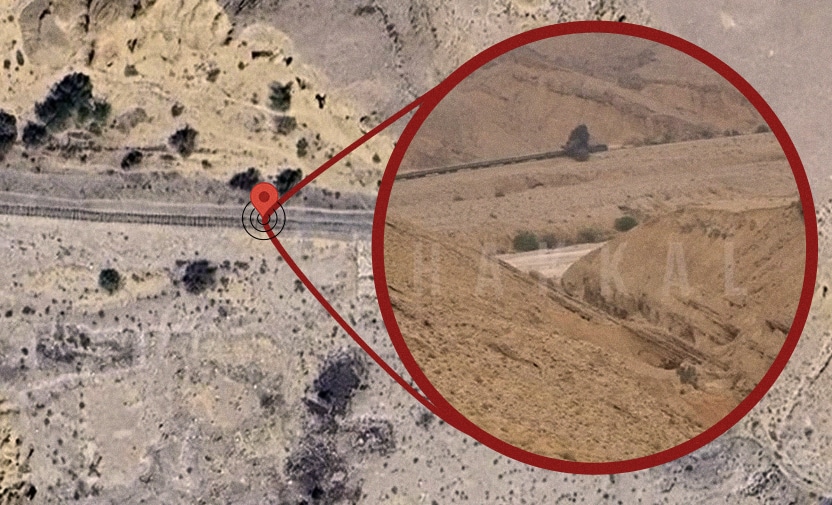By: Salma Khan
Balochistan, often painted with the brush of deprivation and unrest, is quietly undergoing a positive transformation. The recent initiatives taken by military leadership and the state reflect a profound shift toward youth engagement, education, and development. I can say with confidence that change is not just a slogan anymore — it’s a visible, living reality.
Recently, the Corps Commander personally met with CSS and Public Service Commission aspirants in Balochistan. That wasn’t a mere formality. For the youth here — especially those who have long felt abandoned — this gesture meant recognition, validation, and inclusion. For those who once walked the dangerous path of violence, to now hold pens in their hands instead of guns, is not just symbolic — it is revolutionary.
I was particularly moved by the story of a young girl from Gwadar named Nafeesa, who was acknowledged for her achievements and supported through the creation of a digital library. These are not isolated cases; they represent a broader transformation taking root in Balochistan.
Our military is now actively engaged in education. Schools, colleges, and universities are introducing real learning — the kind once thought possible only in the larger provinces. This proves that Balochistan, too, has the capacity and potential to rise — and rise fast.
But as we move forward, we must also confront the dangerous myths that hold us back. Take the propaganda around “missing persons.” I ask, who are these people we’re calling missing? Time and again, it is revealed that many of them were aligned with banned outfits. Their bodies are later found in militant hideouts, and the same organizations that recruited them turn around and declare them “victims of the state.” This manipulation must end. The people of Balochistan deserve the truth, not imported narratives from “Fitna-e-Hindustan” and other hostile forces.
The case of Attaur Rehman Mengal’s assassination is also revealing. While a banned group claimed responsibility, political silence followed from some quarters. Yet, FIRs linked members of a prominent political family to the crime, and that should not be brushed aside. No one should be above the law, no matter how influential they are.
I also want to emphasize the role of public awareness. In Khuzdar, locals recently rose up against militants and neutralized them themselves. That is courage. That is awakening. And that, to me, is the beginning of Balochistan’s true liberation — not just from terrorists, but from fear and silence.
We must also question the events staged in the name of missing persons. Before organizing seminars and press conferences, shouldn’t we ask whether the person being defended was in the mountains with militants? If someone’s name is being used for activism, the truth about their affiliations must be known first.
The path forward lies in opportunity, and thankfully, those opportunities are now being created. Through vocational training, IT programs, and entrepreneurship support, the youth are being equipped to stand on their own feet. National Incubation Centers are training young minds to launch startups. Stipends, toolkits, and business mentoring are now part of the state’s developmental efforts.
It’s easy to say “Balochistan is deprived,” but we must also acknowledge what is being done. There are reserved quotas for Baloch students in other provinces. We are being given seats, scholarships, and platforms. Now it is our turn to rise to the occasion.
I believe Balochistan’s youth are capable of leading us into a new era — if we continue to give them the space, security, and support they deserve. We must reclaim our narrative from those who only offer darkness. The truth is with us. The future is with us.
And this time, Balochistan will not be left behind.

